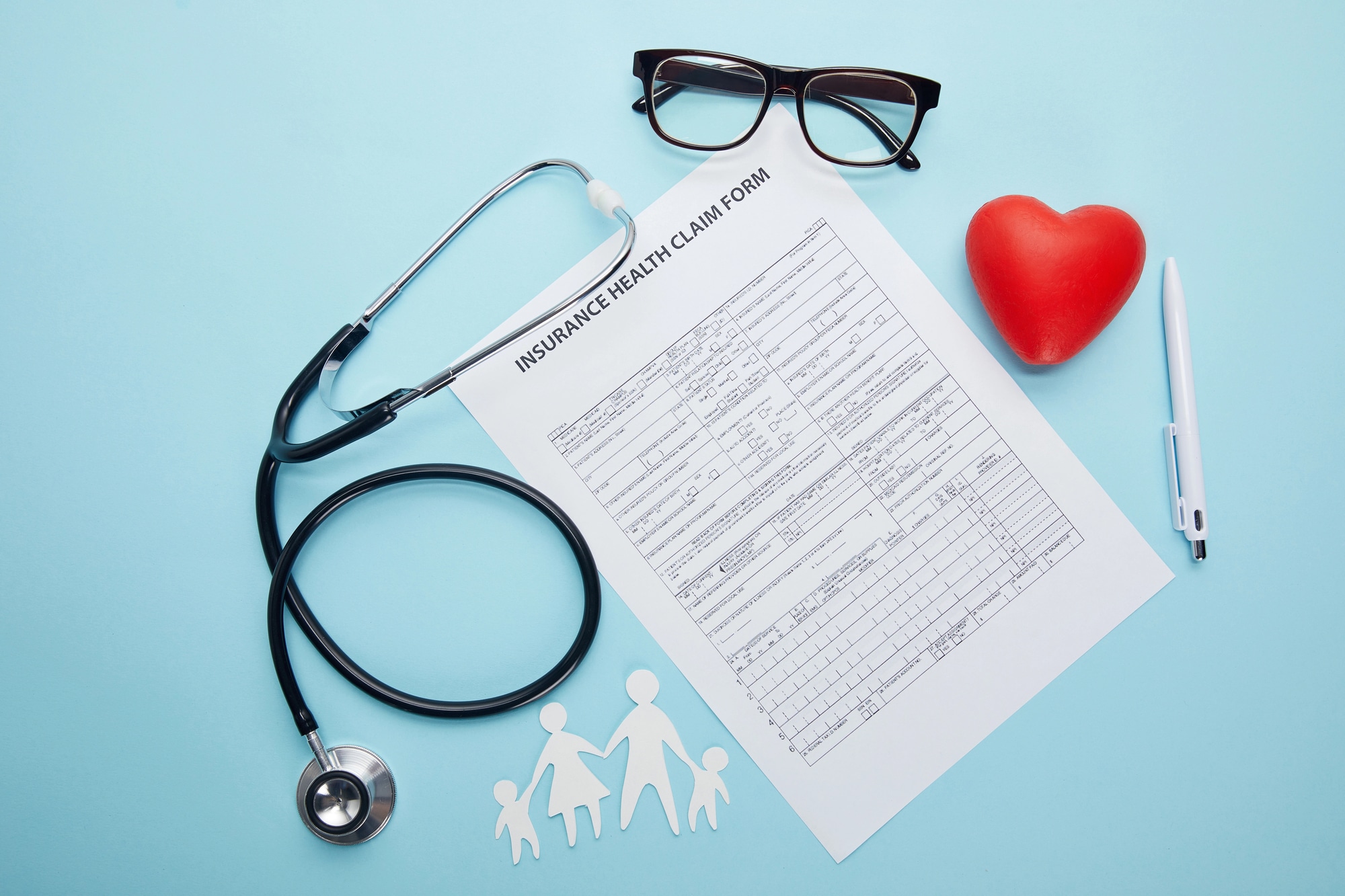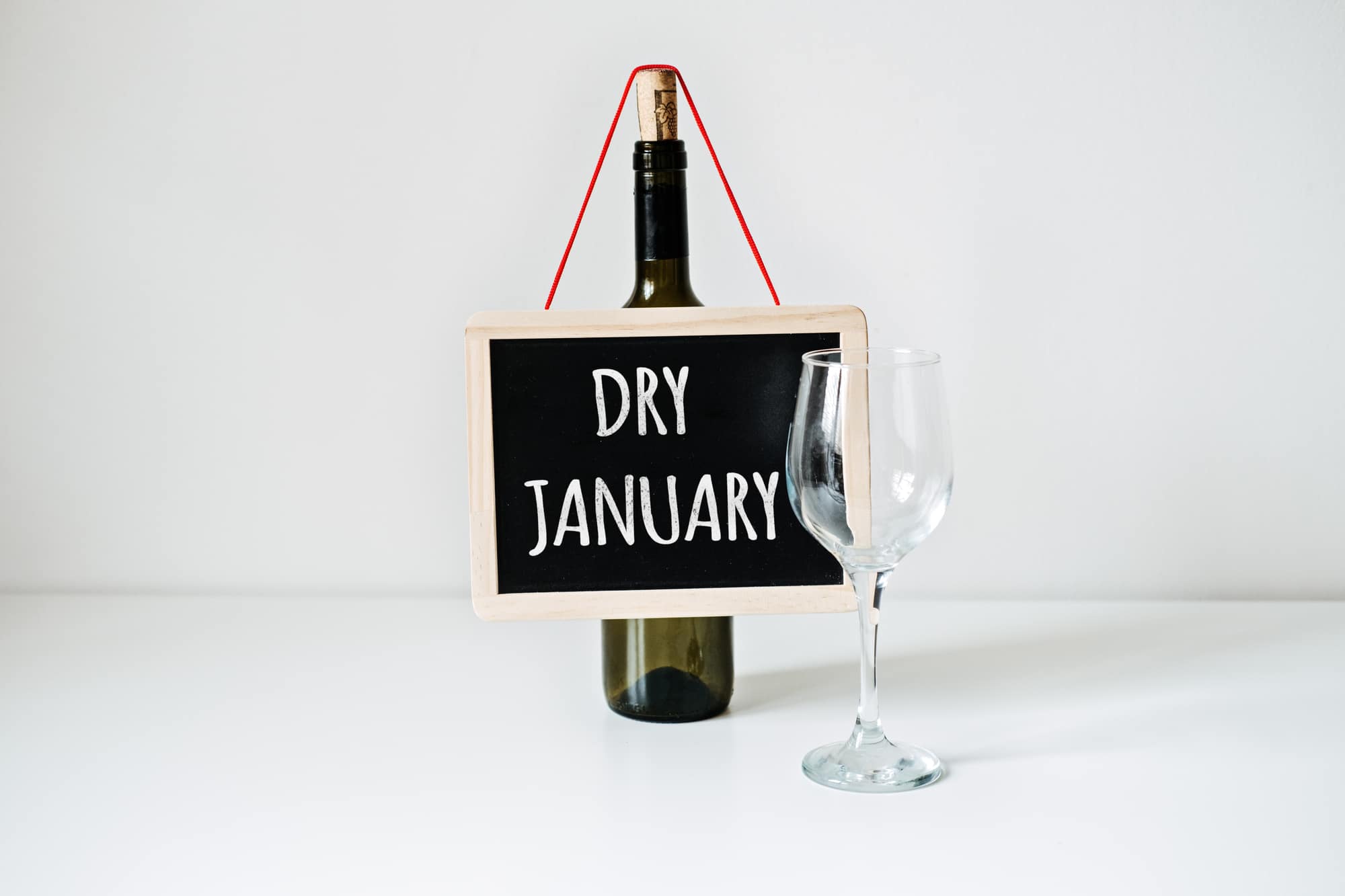
Does Medicaid Cover Drug and Alcohol Rehab in Connecticut?
Recovering from substance use disorder can feel overwhelming, especially for people who may be on Medicaid. It can be hard to understand your benefits and fear of out-of-pocket costs can hinder many people from seeking help. The good news? Medicaid covers addiction treatment services, including drug and alcohol rehab in Connecticut. Under the Affordable Care Act (ACA), all Medicaid plans are required to include behavioral health services, which cover addiction treatment. This ensures individuals struggling with substance abuse have access to affordable care.
However, the specifics of Medicaid coverage depend on individual circumstances, and the treatment provider you choose. If you or a loved one is battling addiction in Connecticut, Medicaid could be the financial resource you need to begin recovery.
At New Era Rehabilitation, we work closely with clients to help them navigate Medicaid coverage and access the treatment they need. With locations in New Haven and Bridgeport, we are conveniently located and ready to help you or your loved one use their benefits to seek care.
What Is Medicaid?
Medicaid is a federally funded but state-administered health insurance program designed to provide coverage for low-income individuals and families. Its primary purpose is to make healthcare accessible to those who might not otherwise afford it.
While Medicaid is often confused with Medicare, the two programs are different:
- Medicaid focuses on low-income individuals, families, and certain groups such as pregnant women.
- Medicare is primarily for seniors (65+) and people with disabilities.
Because Medicaid is state-administered, eligibility criteria and coverage are dependent upon your state of residence but all states – including Connecticut – are required to offer some level of addiction treatment services through Medicaid.
Addiction Services Covered by Medicaid
Medicaid provides comprehensive addiction treatment coverage, including services that address both physical and mental aspects of substance use disorders. These may include:
- Health Screenings – Assessments to determine your physical and mental health as part of addiction diagnosis.
- Drug and Alcohol Testing – Testing required for treatment programs or interventions.
- Emergency Interventions – Coverage for hospital stays during addiction-related emergencies.
- Inpatient Rehab – Residential treatment programs to provide structured care.
- Outpatient Rehab – Flexible treatment plans that allow individuals to continue daily activities while attending therapy.
- Medically Assisted Detox – Supervised detox programs to safely manage withdrawal symptoms.
- Addiction Medications – Medications to reduce cravings, manage withdrawal symptoms, or support long-term recovery.
- Counseling Services – Individual, group, and family therapy sessions to address emotional and psychological factors.
- Dual Diagnosis Treatment – Programs designed to treat co-occurring mental health disorders alongside addiction.
- Case Management and Crisis Intervention – Support services to assist with recovery planning and urgent needs.
Medicaid covers most addiction services, ensuring individuals have access to quality care regardless of financial circumstances. At New Era, we offer a wide range out outpatient treatment, Medication-Assisted treatment, mental health, dual diagnosis and aftercare support.
What Is Parity, and How Does It Protect You?
Parity laws are an important safeguard that ensures individuals seeking mental health and addiction treatment are treated the same as those receiving care for physical health conditions. Under these laws, insurance providers, including Medicaid, cannot impose stricter limits, higher deductibles, or elevated copays for mental health or substance use disorder treatments compared to physical health care. This ensures that vital services like outpatient medication-assisted treatment (MAT), counseling, and mental health support are accessible without creating financial barriers for those in need.
For individuals relying on Medicaid in Connecticut, parity laws mean you can access addiction treatment services, such as those offered at New Era Rehabilitation, without worrying about excessive out-of-pocket costs. While Medicaid may require small copays for certain services, these laws are in place to ensure that treatment remains affordable and equitable. This is especially critical because addiction recovery often involves ongoing care, including therapy and medication, which could become a financial burden without these protections. By removing cost-related obstacles, parity laws help more individuals get the care they need to achieve long-term recovery and mental wellness.
Are There Limits on Medicaid Rehab Coverage?
Medicaid often imposes limits on addiction treatment coverage, including:
- Inpatient Rehab – Typically capped at 30–60 days per year, though exceptions may apply.
- Outpatient Counseling – 60 Minutes one time per week for individual or group therapy.
- Intensive Outpatient Programs (IOP) – No annual limits, allowing continued support as needed.
Understanding Medicaid’s benefit limits can be complex. The staff at New Era Rehabilitation works closely with clients to ensure they get the services they need for recovery within Medicaid guidelines.
How to Get Help for Addiction Treatment
Overcoming addiction is a challenging journey, but financial concerns should never be a barrier to recovery. Medicaid is a valuable resource for accessing affordable treatment, and programs like New Era Rehabilitation are here to help you navigate the process.
If you need assistance understanding your coverage, our team is ready to assist. Even if Medicaid doesn’t fully cover your treatment, we can help you explore other payment options to ensure you receive the care you deserve.
Take the First Step Toward Recovery Today
Addiction doesn’t have to control your life. Whether you’re covered by Medicaid, need help applying, or are exploring other options, New Era Rehabilitation is here to support you every step of the way.
Don’t let financial concerns hold you back—contact us today to learn more about your treatment options. Call us now at 203-562-2101 or fill out our online form to take the first step toward recovery. Your journey to a healthier, addiction-free life starts here.





